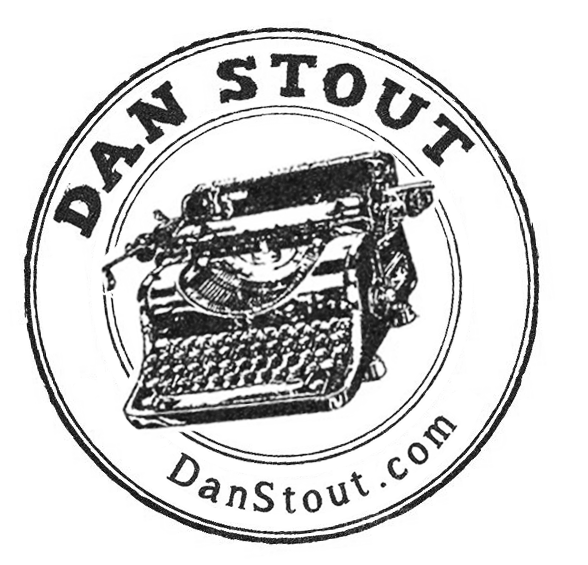As part of an ongoing celebration of upcoming debut novels, I’ll be running highlights of interviews from a number of my fellow debuts through the end of 2019. The full interviews are available on DebutAuthors19.com.
Today, we’re continuing the series with a conversation with Reese Hogan, author of Shrouded Loyalties, a military sci-fi / dieselpunk releasing from Angry Robot on August 13th, 2019.
About the Book
Naval officer Mila Blackwood receives dangerous powers when her submarine travels through an alternate realm of existence and is attacked by a monster. She must figure out how to use these powers to save her country from invasion, all the while unaware that her partner is a spy and her brother is an enemy collaborator.
Interview Excerpt
Where did you get the idea?
I always have to have three ideas come together to really take off. This one’s root ideas were a fantasy with a WW2 feel, a soldier who returns home to find out her brother is an enemy collaborator, and people with magic tattoos who are being hunted by an occupying force (which became the marks with powers they receive in the second chapter). Everything else built from there.
How long did you take to write this book?
Approximately two years to write (not continuous), then ten months from there until publication. Atypically, I got the publisher offer before I had an agent, so that put me on a faster track than normal.
What kind of research did you do for this book?
Lots about World War 2, especially France both before and after occupation. A TON about submarines, including visiting the USS Pampanito, the submarine on which the BZS Desert Crab in the novel is based. And a lot about volcanoes—yes, there are volcanoes, too.
What did you remove from this book during the editing process?
Mostly passages where it took too long to get to the point. I’ve discovered that when I’m not quite positive of the next step my character will take, my character is doing a lot of internal thinking to figure that out when I reread. So when I chop out the internal thought process, they appear to make decisions quicker, and the pacing is better.
Are you a plotter or a pantser?
I write EXTENSIVE outlines, but—like that old military expression about the best plans only lasting until the first bullet is fired—my outlines go off the rails almost right away. That being said, the outlining does help me figure out the key points that I’m most excited about, and I use those as guidelines to keep the book on track.
What is your favorite part of your writing process, and why?
Over time, it’s definitely become editing. Having the story down in a workable form makes it so much easier to sit down and work with than writing those initial words. And during the editing process, you’ve already had feedback and know where its weak points are, so there’s more confidence that you’re spending time obsessing over the right things.
What is the most challenging part of your writing process, and why?
When I first start writing a new draft, I have all these ideas but I haven’t yet put together a framework for how they’ll work together. There’s a lot of self-doubt about whether I’m starting in the right place, or have too many plot threads or not enough, or whether I should write first or third person…the list goes on. There’s lots of deleting—whole chapters worth—before I start to figure out what the story will look like.
Can you share your writing routine?
I write a minimum of two hours a day, and I have to plan when this block will be ahead of time to make sure it actually happens, since my kids’ schedules can vary. I try to get another two hours in the evening, but it depends on how crazy my kids are at bedtime (they are 7 and 5). My husband is very good about making sure I get my needed blocks on the weekends, which is the most challenging time to fit it in.
Have you ever gotten writer’s block?
If yes, how do you overcome it? I think we all get stuck sometimes, and I think it usually relates to losing interest in your story. When this happens, I go back to the last moment in the story I was excited about and try a different direction from there.
If you could tell your younger writing self anything, what would it be?
Try not to be afraid to share your work. No matter how good you think it is, you won’t know what its real problems are until someone points them out to you.
What’s your favorite writing advice?
It’s from V.E. Schwab, and I absolutely love it: “At the end of the day, there’s one thing to do: Show up. Put in the work. Let go of the outcome.”
About the Author
Reese Hogan loves nothing more than creating broken relationships in broken worlds. With a Bachelor’s degree in English and a minor in journalism, Hogan has spent the last twenty years honing her craft by taking classes, listening to podcasts, and attending writing workshops and critique groups. She is passionate about music, especially alternative and punk rock, and adamantly believes that art can reach out in a way no other form of communication can. She lives with her family in New Mexico.
Connect with Reese:


